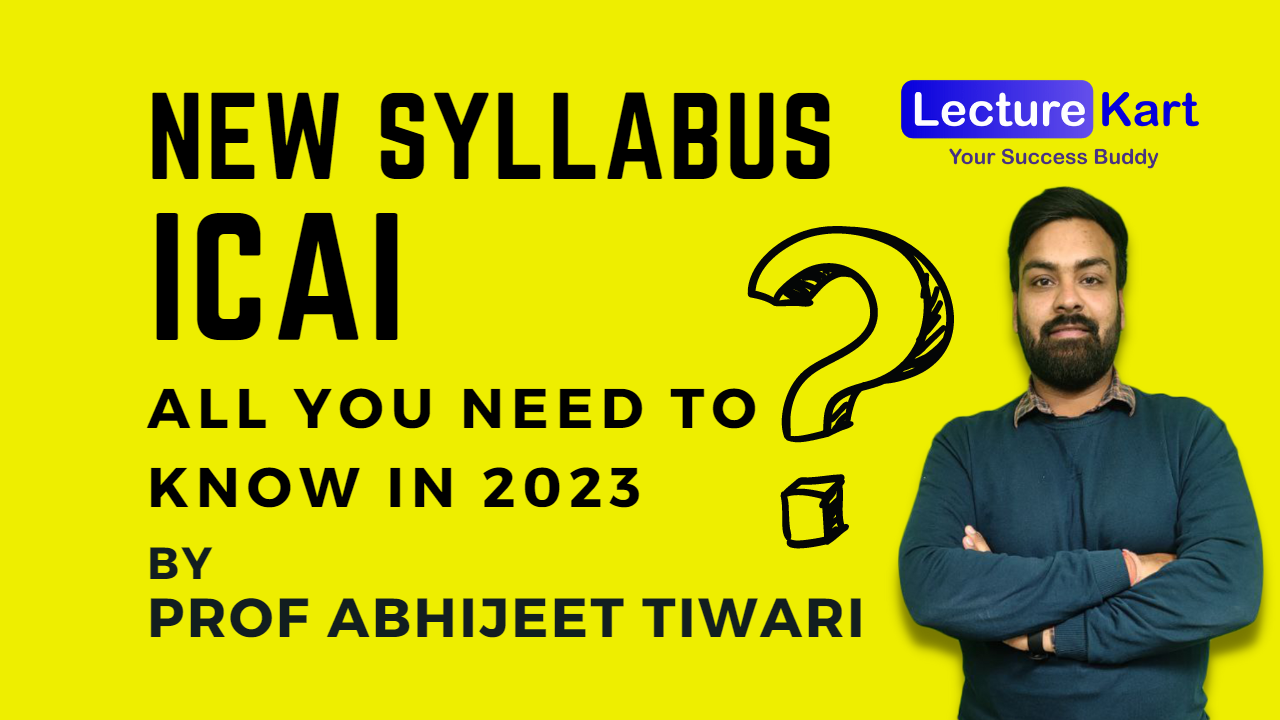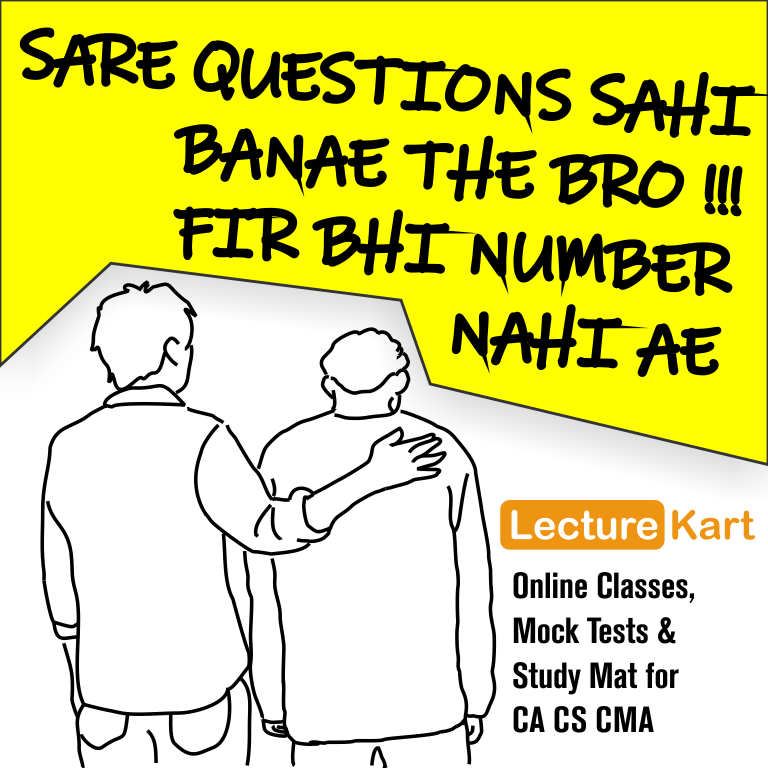
Becoming a successful professional (Chartered Accountant, Company Secretary or Cost and Management Accountant) is a journey that requires a combination of dedication, skill development, and the cultivation of certain traits. Major institutions like ICAI, ICSI and ICMAI expects the budding professionals to exhibit high standards of integrity and dedication towards their respective professions. Whether you’re aiming to excel in your current career or striving to climb the corporate ladder, there are several key attributes that can greatly enhance your chances of success. Here are some of the pointers which will help the student in achieving success in life.
10 Qualities of Every Successful Professional (CA, CS & CMA)

1. Drive and Motivation
Successful professionals are driven by a strong sense of purpose and motivation. They set ambitious goals for themselves and are willing to put in the necessary effort to achieve them. This drive keeps them focused and resilient, even in the face of challenges or setbacks.

2. Continuous Learning
The world is constantly evolving, and successful professionals understand the importance of lifelong learning. They actively seek out opportunities to expand their knowledge and skills, whether through formal education, professional development programs, or self-directed learning initiatives. By staying informed about industry trends and best practices, they remain adaptable and capable of thriving in dynamic environments.

3. Effective Communication
Communication is a cornerstone of success in any profession. Successful professionals possess strong communication skills, both verbal and written, enabling them to articulate their ideas clearly, collaborate effectively with others, and build strong relationships with clients, colleagues, and stakeholders.

4. Adaptability and Resilience
In today's fast-paced world, change is inevitable. Successful professionals are adaptable and resilient, able to embrace change and navigate through uncertainty with confidence. They view challenges as opportunities for growth and innovation, rather than obstacles to be avoided.

5. Leadership and Teamwork
Whether in a formal leadership role or as a member of a team, successful professionals understand the importance of collaboration and teamwork. They inspire and motivate others, foster a culture of trust and respect, and leverage the strengths of each team member to achieve collective goals.

6. Ethical Integrity
Integrity is non-negotiable for successful professionals. They uphold high ethical standards in their interactions with others, demonstrating honesty, fairness, and transparency in all their dealings. By earning the trust and respect of their peers and clients, they build a solid reputation that serves as a foundation for long-term success.

7. Time Management
Time is a precious resource, and successful professionals know how to manage it effectively. They prioritize tasks based on importance and urgency, delegate responsibilities when necessary, and maintain a healthy work-life balance to avoid burnout.

8. Emotional Intelligence
Emotional intelligence is the ability to recognize and understand one's own emotions and those of others, and to use this awareness to manage interpersonal relationships effectively. Successful professionals possess high emotional intelligence, enabling them to navigate complex social dynamics, resolve conflicts, and influence others positively.

9. Creativity and Innovation
In today's competitive landscape, creativity and innovation are essential for success. Successful professionals think outside the box, generate fresh ideas, and embrace experimentation and risk-taking. They are not afraid to challenge the status quo and are always looking for ways to improve processes, products, or services.

10. Networking
Building a strong professional network is crucial for success in any field. Successful professionals invest time and effort in cultivating meaningful relationships with peers, mentors, industry influencers, and potential clients or customers. They understand the value of networking and leverage their connections to open doors to new opportunities and collaborations.

11. Bonus Tip
If you liked this article and think you learnt something new today then please share it with your friends and help us reach more students. LectureKart is always there for amazing students like you 😊
In conclusion, becoming a successful professional requires more than just technical expertise or academic credentials. It demands a combination of drive, adaptability, communication skills, ethical integrity, and emotional intelligence. By cultivating these traits and continuously striving for excellence, you can position yourself for long-term success and fulfillment in your chosen career path.





